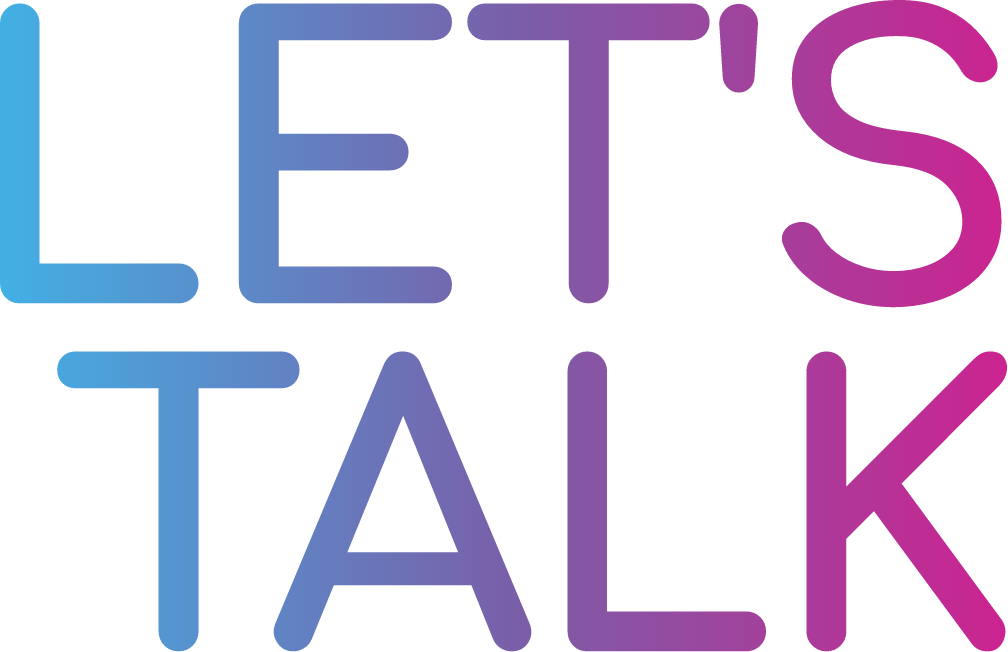The Metaverse is an idea more than anything, and it is an idea that represents the future of the internet and how we interact with it. Since the 1970’s when the internet was first created, there were many promises of what the future of it would look like, but with no actual plan of how these goals could be achieved. The internet grew through two major stages throughout its life so far, which are referred to as Web 1.0 and Web 2.0.
Web 1.0 was the first era of the internet, roughly between the 1990’s and into 2004. During this phase, most interactions and uses of the internet were referred to as “read only”. The protocols for the use of the internet were still very new, and most of the interactions that an individual had would be receiving some type of information from a company’s website.
After 2004, there was a major change in the way people interacted with the internet due to the creation of social media websites. These sites enabled users to be able to not only just receive information through the internet but allows them to write things as well. This made the internet more favorable for two main reasons. The ability for users to communicate with each other online, and the ability for companies to monetize the web through digital advertising.
Web 3.0 is different in the sense that it incorporates user ownership into the internet. By creating a system that is decentralized in terms of online payments and ownership, it gives the power to the users, and through this decentralization it will allow for the internet to grow in the way that the users decide. Web 3.0 is an idea that plans to use Non-Fungible Tokens (NFTs) and cryptocurrencies to allow users to maintain ownership of their digital assets without oversight from a company or any sort of online regulator. By using cryptocurrencies versus traditional monetary instruments, it allows for complete decentralization, which will eliminate the use of trusted third parties on the internet.
What is the Metaverse?
The Metaverse represents the future of the internet. It has been marketed by major technology companies such as Google and Meta as this virtual world where people are more immersed into the technology in comparison to anything that we have ever seen. Utilizing more advanced systems of existing technology such as Virtual Reality (VR) headsets, users can be in a virtual world where they can buy property such as digital homes. Other ideas for the metaverse include virtual meeting rooms where companies can create more immersive virtual offices, where employees can interact from across the world in a way that brings people together in a different way than just communicating online.
When people refer to the Metaverse, it is more of a general evolution of the internet into a more interactive manner, rather than one specific product that will revolutionize the internet. While many of the tech giants are talking about these technologies that are yet to be seen in today’s world, some companies are just referring to certain virtual events or games as the Metaverse. For example, Fortnite has referred to some of its digital in-game concerts as the metaverse, or even the fact that users can purchase their own clothes and skins to wear within the game.
Metaverse Tips in a Legal Setting
Integrating new technology can be a hard thing in a commercial setting, especially for law firms. The use of Zoom or other virtual communication software was rapidly adopted due to the Covid 19 Pandemic, but in some areas of the world that is still the standard for court procedures. By moving a law firm to a metaverse type environment would allow for more comfortable communication between the client and lawyers.
During the Non-Event Podcast with Jared Correia, a podcast that discusses Legal tech adoption for confused lawyers, he mentions the added flexibility that meeting in virtual spaces allow for. His guest on the episode mentions that in the past week, he had 8 new clients who chose to meet in the metaverse, and it went extremely well.
One of the most important tips is to do whatever the client feels comfortable with. Giving the client the option to meet in person, through the Metaverse, or Zoom is the most subtle way to introduce this technology without making clients feel uncomfortable. As more lawyers adopt this to meet, it will continue to grow in popularity and as a more accepted means of communication.
There are other reasons that lawyers can be working within the metaverse, and one specific reason to note is the rising popularity of NFTs. These NFTs can be traded across the internet and potentially stolen or sold in a way that is untraceable. This technology is still relatively new, which could lead to potential lawsuits in the future. If lawyers want to be able to cash in on this emerging market, they will need to have a general background on the infrastructure and how NFTs really work. There is also discussion over Metaverse Marriage, which raises several questions regarding contracts in a virtual setting like the Metaverse. As the world continues to move towards a more isolated and virtual world, it will be up to lawmakers to decide how to regulate it, and up to the lawyers to decide how they are going to use it,
For conclusion, nobody really knows exactly what the Metaverse will be. It is a collection of ideas and dreams, and if it does work, it will be a whole new world for everybody. Whether it is meeting clients or how the metaverse should be regulated, there are endless opportunities in the Metaverse.





